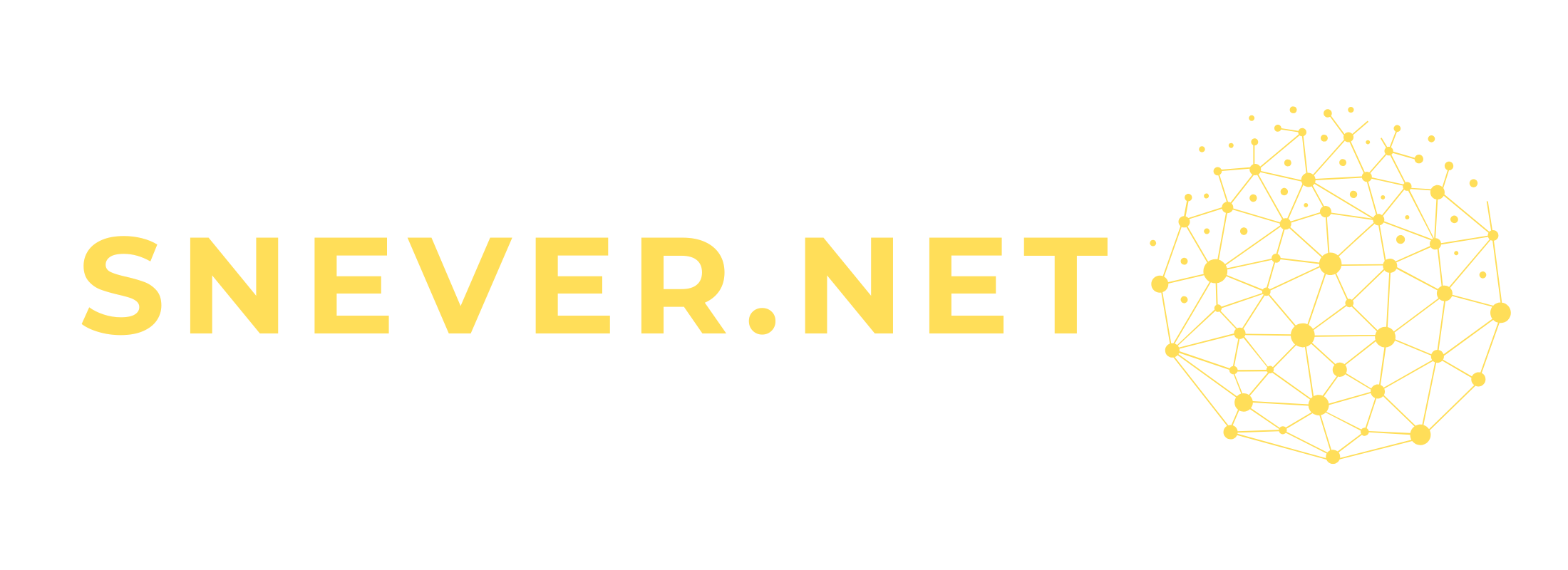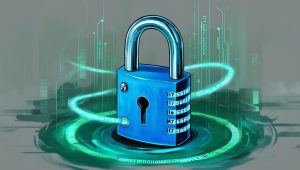The Intricate Web of Digital Piracy: A Closer Look at Digital Theft and Music Rights
Hello, dear readers! Today, we delve into a topic most of us have come across in one form or another – digital piracy. This shadowy undercurrent of the digital world is intrinsically linked to digital theft and music rights, topics of keen interest to many of us, whether we’re movie buffs, music lovers, software enthusiasts, or regular consumers of digital media content.
Peeling Back the Layers: Understanding Digital Piracy
Digital piracy, at its core, refers to the unsolicited use, copying, distribution, or selling of copyrighted digital materials. It’s essentially a modern-day incarnation of theft, only this time it’s not a tangible item that is being inequitably acquired, but a digital one.
To provide an illustration, imagine buying a cherished vinyl record from your favourite band, only to have someone break into your house, make a copy of it and then distribute that copy for free or even sell it for profit. This vivid illustration is essentially what is happening in the digital world, albeit on a much grander scale.
A Not-So-Sweet Symphony: Music Rights and Digital Theft
One of the areas largely affected by digital piracy is the music industry. Recent years have seen an explosion in music streaming services, and while these platforms have made access to music easier, they’ve also opened the gates to a torrent of digital theft.
Music rights, essentially, are legal rights that enable creators to control how their music is used, where it is used, and who uses it. Naturally, when music is pired off the Internet, the music rights of the artists, creators, and producers are violated.
Repeated offenses can lead to serious implications such as copyright infringement lawsuits, hefty fines, or even imprisonment. On a larger scale, such acts can deeply dent the profitability of the music industry and discourage the creation of innovative and unique music content.
The Scale of the Issue: The Proliferation of Digital Piracy
While it’s tough to accurately estimate the scale of digital piracy due to its lack of visibility and clandestine nature, the data we do have paints an alarming picture. A 2019 report by the UK Intellectual Property Office revealed that approximately 15% of Internet users aged 12+ were consuming some form of pirated content.
Many users often aren’t even aware they’re engaging in illegal activity. They rationalize their actions with arguments such as “everyone does it” or “I’m just one person – it won’t make a difference”, mindsets that closely resemble those typically associated with traditional forms of theft. Yet, the digital domain seemingly changes people’s perception of what is and isn’t socially acceptable.
The Nuances of Accountability: The Battle of Responsibility
One of the key challenges in curbing digital piracy is ascertaining and enforcing responsibility. Many hold the belief that it’s the responsibility of artists, labels, and music companies to protect their own digital rights. After all, they are the ones hit hardest by the financial implications of piracy.
However, this blanket assumption can oversimplify the matter. The reality is, many artists and independent labels, particularly smaller ones, lack the resources and infrastructures needed to effectively police and sanction digital theft of their content. Thus, the responsibility should also extend to governments, Internet service providers (ISPs), music distributors, and even individual listeners to uphold respect for music rights.
Conclusion: Steering Towards a Decrease in Digital Piracy
By now, it should be clear that digital piracy and all it entails is far from a black-and-white issue. It’s a multifaceted, dynamic phenomenon, deeply intertwined with notions of digital theft, music rights, and cultural views about what constitutes rightful access to digital materials and what doesn’t.
The hope is that, with continuous collaboration between the parties involved, the global rise in awareness of intellectual property rights, and the development of more efficient and affordable distribution models, digital piracy can be effectively curtailed.
In the end, the future of the digital realm is in our hands. It’s up to each one of us to ensure that it remains a place of fair play, where the value of original content is respected and rewarded. As we navigate this complex issue together, let’s do our part to support the creators who bring our favorite music, movies, and other digital content to life, celebrating their rights and honouring their works.


